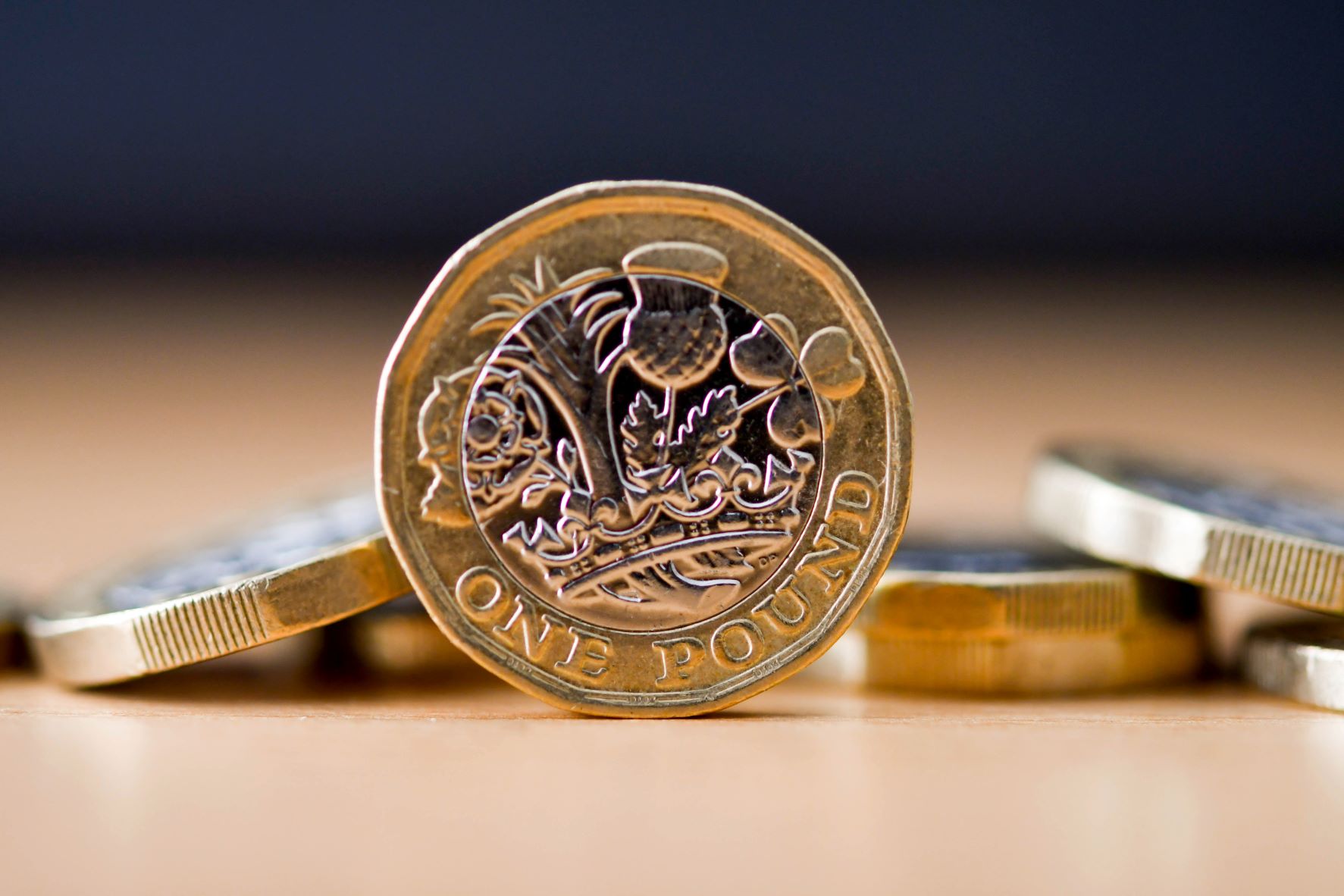
Date posted: 8th Feb 2023
A gain on the sale of an investment property, such as a buy-to-let or second home, will be liable to capital gains tax to the extent that it is exceeds the annual exempt amount or any capital losses available.
The annual exempt amount is like a personal allowance for capital gains tax purposes and allows individuals to realise net gains in the tax year up to the level of the annual exempt amount free of capital gains tax.
Where capital losses are realised in the same year as a capital gain, these are set against gains before applying the annual exempt amount. If the taxpayer has losses brought forward from earlier years, these can be used to shelter any gain remaining after the annual exempt amount has been deducted from net gains for the year. If the annual exempt amount is not used in full in the tax year, it is lost.
All taxpayers have an annual exempt amount regardless of the rate at which they pay tax. Spouses and civil partners each have their own annual exempt amount. However, the rules that allow assets to be transferred between spouses and civil partners at a value that gives rise to neither a gain nor a loss. This make it possible to utilise unused annual exempt amounts of both parties by making transfers prior to disposing of the asset.
Reduction in annual exempt amount
The annual exempt amount is set at £12,300 for 2022/23. This means that spouses and civil partners have £24,600 to work with if they are thinking of selling an investment property before capital gains tax is due.
However, this is a limited-time offer as the annual exempt amount is to be reduced to £6,000 from 6 April 2023 and to £3,000 from 6 April 2024, seriously reducing the gains that can be realised free of capital gains tax.
If the intention is to sell an investment property that will realise a capital gain, completing before 6 April 2023 will save an individual capital gains tax of up to £1,764 and a couple capital gains tax of up to £3,528.
Paying the bill
Where a capital gain is realised on a residential property, the gain must be reported to HMRC within 60 days and the associated tax paid within the same window.
In many cases, the tax can be paid from the sale proceeds. However, if the landlord has refinanced the property to release equity, it may be the case that there is not enough left, once the loan has been cleared to pay the tax bill, meaning the funds must be found from elsewhere. When selling an investment property, the need to pay the tax bill within 60 days must not be overlooked, and this may impact on the decision whether to sell or not. A penalty may be charged if the deadline is missed.
We are well versed in residential property capital gains tax reporting, so please give us a call.


